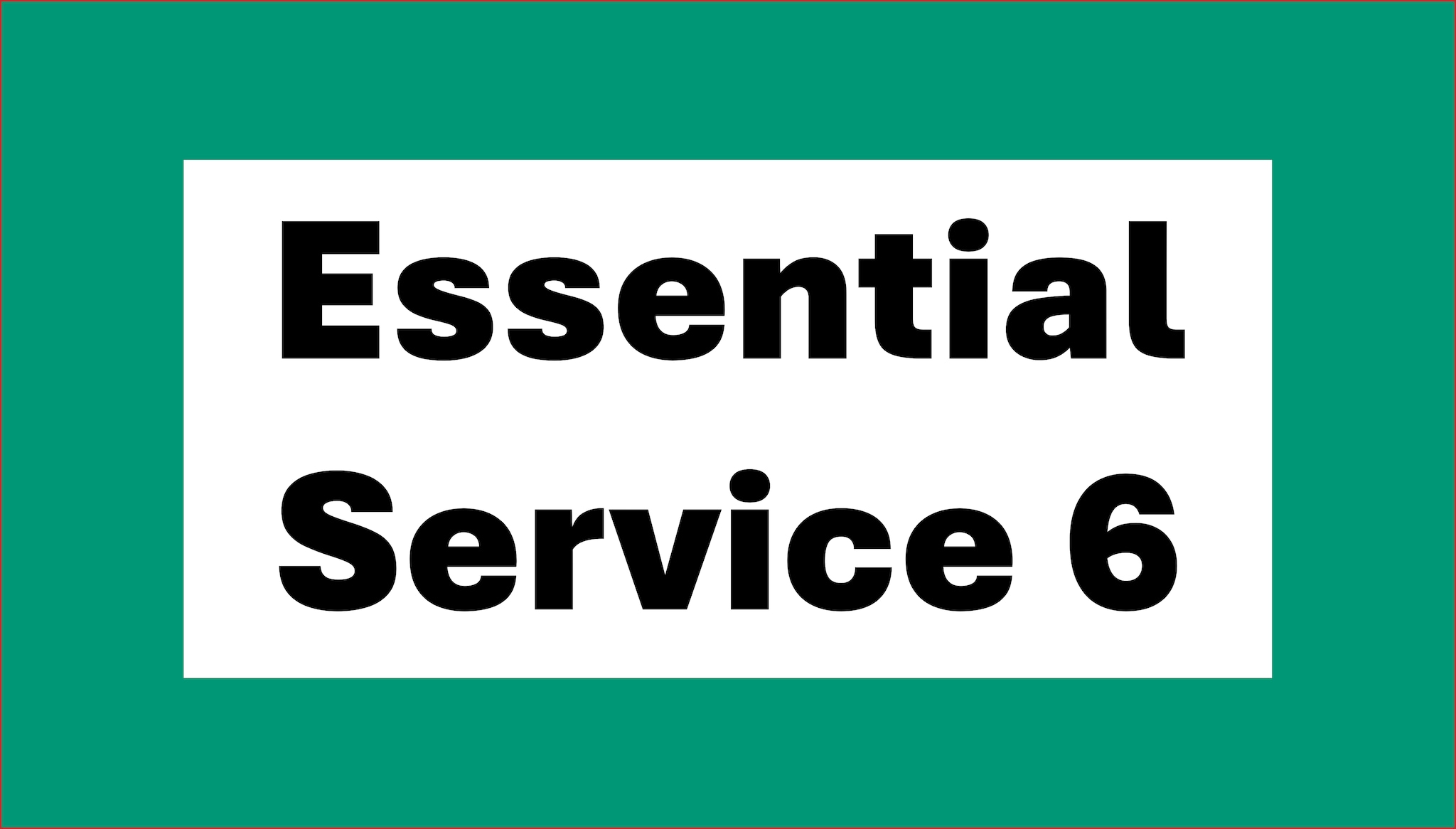At a glance
Learn how environmental health programs support Essential Public Health Service 6 and public health accreditation. Essential Public Health Service 6 is "Utilize legal and regulatory actions designed to improve and protect the public's health."

Activities that support this essential service
Here are some examples of common activitiesA that help deliver Essential Public Health Service 6 (Utilize legal and regulatory actions designed to improve and protect the public’s health).
Enforcing regulations addressing areas such as food safety, safe drinking water, air quality, land use, community design, transportation, and agriculture.
- Conducting enforcement activities and complaint investigations in a timely manner and equitably across all geographic areas and segments of the community to ensure social and environmental equity.
Providing clear information and guidance to the regulated community on how to comply with environmental health and protection laws, regulations, ordinances, and policies.
Providing information about the meaning and benefits of public and environmental health laws, regulations, and ordinances to the regulated community.
Activities that connect to accreditation standards
Environmental health programs also link to and support broader public health initiatives such as public health accreditation. Following are examples of activities that could contribute to accreditation by the Public Health Accreditation Board (PHAB). Completing these activities does not guarantee conformity to PHAB documentation requirements.
PHAB Standard 6.1: Promote compliance with public health laws.
- Developing protocols for responding to community complaints and enforcing environmental health protection laws, rules, and regulations (for example, enforcement protocols for water supply systems and asbestos control and abatement activities).
- Evaluating the compliance and responsiveness of regulated organizations, such as trends in food service establishment compliance.
- Ensuring environmental health equity impacts are considered in enforcement activities of public health laws that are not specific to environmental health.
- Examples are not exhaustive.
